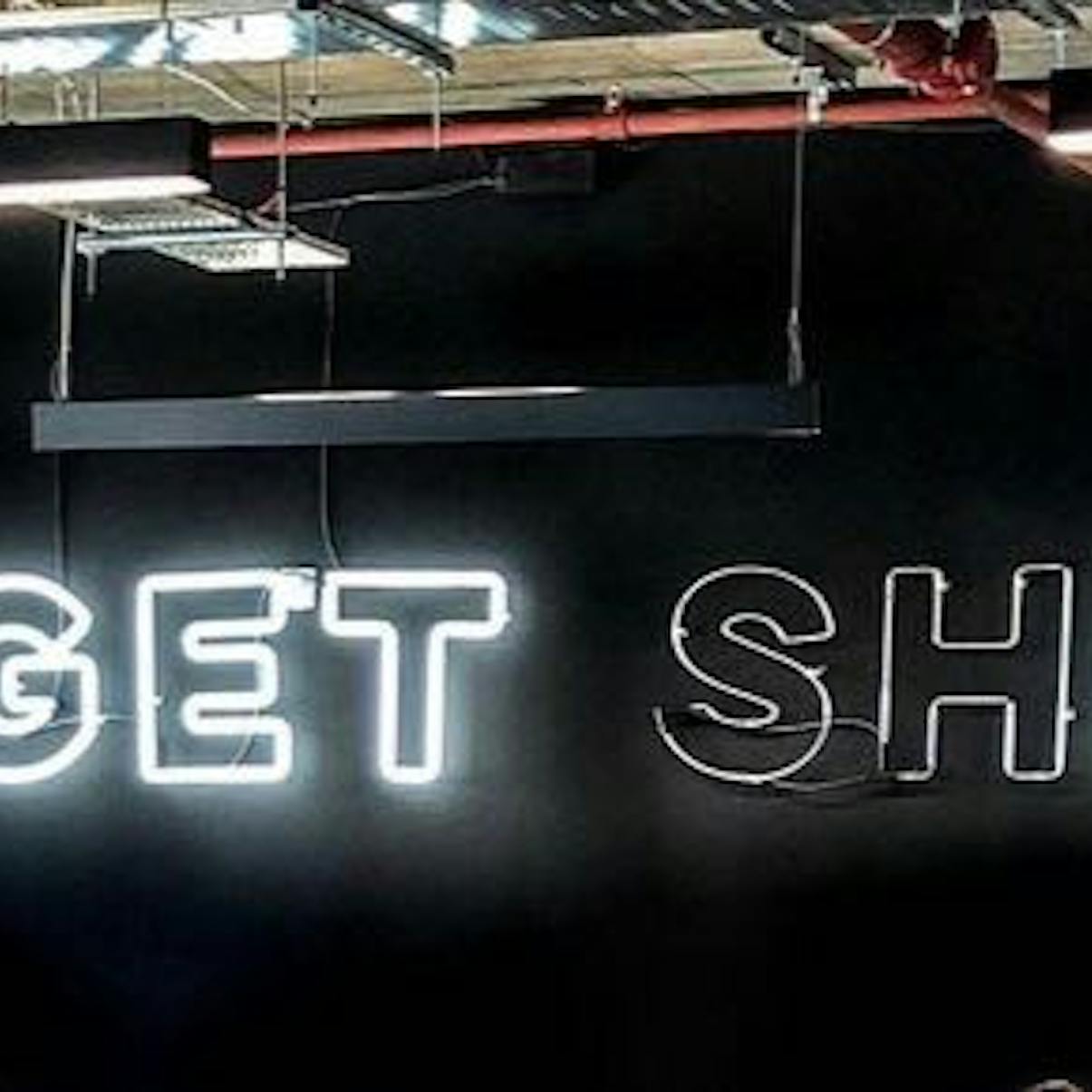Skip to content

 Report Free Riding
Report Free Riding
If one can benefit from fake work - all others will end up poorly. Report free riding immediately to make such strategy punished.
These guys above seem to do their best.
Mr. Ringelmann would doubt it. He would estimate their performance is at least 44% below their potential as there are at least 7 participants on the picture. I would add that they are likely to exaggerate expression of effort comparing to their facial expression when they pull the rope alone. Welcome to the Free Rider problem a part the Principal-Agent Problem or Agency Theory (btw it is big contributor Paul Milgrom won Nobel Prize 2020).


Ringelmann (1913) found that having group members work together on a task (e.g., pulling a rope) actually results in significantly less effort than when individual members are acting alone. Ringelmann discovered that as more and more people are added to a group, the group often becomes increasingly inefficient, ultimately violating the notion that group effort and team participation reliably leads to increased effort on behalf of the members.
Subsequent research has aided the further development of the Ringelmann effect theory. Most notably, Ingham, Levinger, Graves, and Peckham (1974) discovered that group members continue to exhibit reductions in rope-pulling force even after being placed in pseudo-groups (i.e., groups composed of confederates and one, true participant). In their study, Ingham et al. (1974) directed confederates to pretend to pull on a rope by faking exertion, suggesting to the real participant that all members were working together. What proves of interest here is that because there was virtually no coordination between the participant and the confederates (they were not physically taking part in the actions), poor communication cannot account for the decrease in effort.[11] Therefore, Ingham et al. (1974) support the assertion that motivational losses largely determine an individual’s decline in performance when acting as a member of a group.
In addition, research has shown that participants who have previous experience in a team sport may not show the Ringelmann effect.
The reason why teammates put less effort is because they can free ride each other if nobody can measure their effort (here is an asymmetry of information) and punish for cheating. Hard workers are in disadvantage as they would lose the most energy, while the prize would be spliced equally independently of effort. Thus hardwork is not a beneficial and desirable strategy (eg. it is not Nash stable as someone can pursue a different strategy with a larger benifit).
Furthermore free riders tend to cooperate to cover each other and protect their status quo by lowering the bar for transparency and performance.
The star-blast pressure of market competition force teams to give a birth to cultures which penalise free riding. In fact companies compete by how they are successful to solve the free rider problem. Culture is how this problem is solved.
The most powerful invention here is the transparency and accountability for the result well encoded in our .
If you see someone tweak her OKRs to look better - make it transparent
If you see someone pretend to work - make it transparent
If you see someone cover her mistakes or negligence - make it transparent
If you see someone seek excuses - make it transparent
Make free riding transparent by speaking up or asking questions at morning sync or unit/ceomessage slack. Get this shit out of our culture and embrace those who do not tolerate free riders.


Remember:
New companies generally should not exist
New companies could exist only because they invent a better culture a better solution to the free rider problem to punch through status quo.
Related story:
Want to print your doc?
This is not the way.
This is not the way.

Try clicking the ··· in the right corner or using a keyboard shortcut (
CtrlP
) instead.